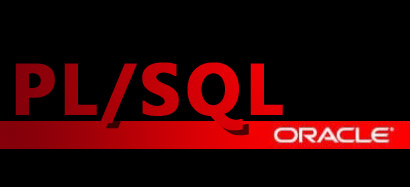
Basic Syntax of a PL/SQL program is:
<declarations section>
BEGIN
<executable section>
EXCEPTION
<exception handling section>
END;
My 'First PL/SQL' Program:
v_message varchar2(20):= 'My first PLSQL program!';
BEGIN
dbms_output.put_line(v_message);
END;
/

No comments:
Post a Comment